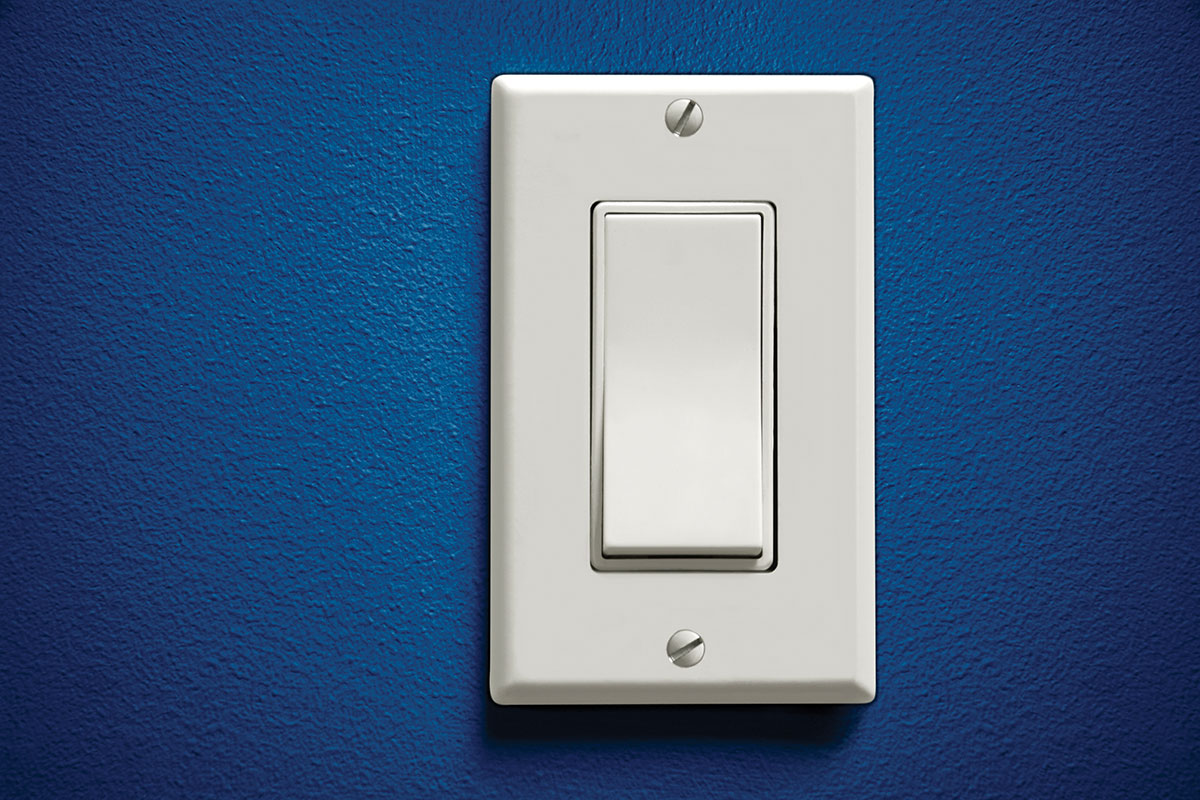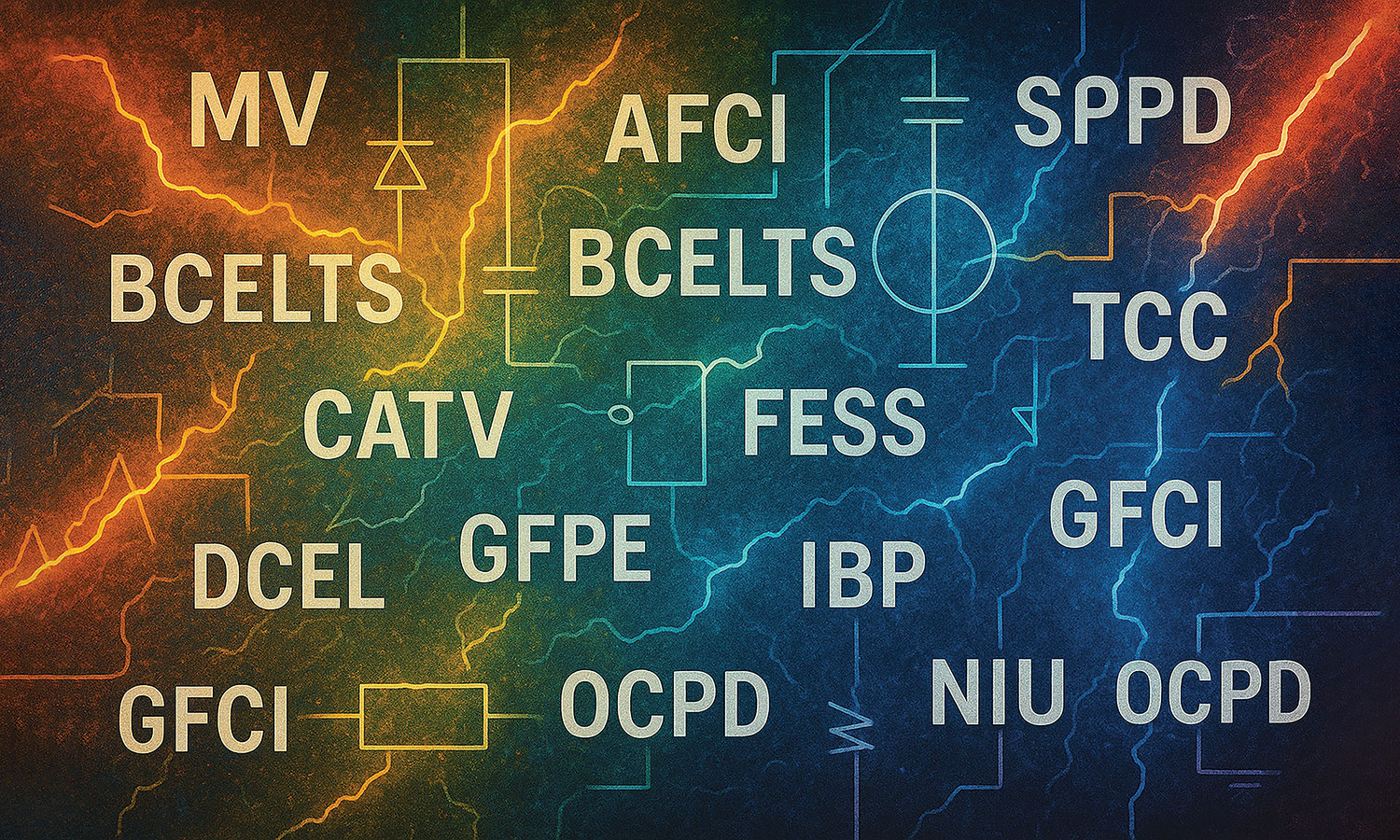The electrical industry plays a crucial role in powering our modern society, and it has witnessed significant growth and innovation in recent years. This article examines the outlook for the electrical industry, focusing on emerging trends, the impact of technological advancements, and the opportunities that lie ahead. The role of electricians in our society is also indispensable. With the rapid technological advances and the increasing focus on sustainability, the demand for skilled electricians continues to rise. Through analyzing market dynamics, exploring regulatory developments, and discussing key factors influencing the industry, we aim to provide an insightful perspective on the future of the electrical industry.
Emerging Trends
Renewable Energy. With a shift towards clean energy sources, renewable energy technologies such as solar and wind are reshaping the electrical industry. Integrating renewable energy systems into the grid creates opportunities for electrical professionals to contribute to sustainable energy solutions. Ongoing research and development efforts focus on improving the efficiency of solar cells. Emerging technologies, such as tandem solar cells and perovskite-silicon tandem cells, aim to boost the overall performance of PV systems. Next year is also exploring new materials, including perovskite solar cells, organic photovoltaics, and thin-film technologies. These materials offer the potential for cost reduction and increased flexibility in solar panel design. Bifacial solar panels, capable of capturing sunlight from both the front and rear sides, are gaining popularity. This technology increases energy yield by utilizing reflected sunlight from surrounding surfaces.
Smart Grid and Smart Buildings. The emergence of smart grids and smart buildings is revolutionizing the way electricity is generated, distributed, and consumed. These intelligent systems, enabled by automation and data analytics, offer improved energy efficiency, enhanced reliability, and better management of electricity resources. Building automation systems (BAS) are becoming more sophisticated, offering enhanced control over various building functions such as HVAC, lighting, security, and energy management. Integrating AI and machine learning technologies could lead to more adaptive and predictive building systems. Artificial Intelligence (AI) and machine learning are being employed for predictive maintenance in smart buildings. These technologies can analyze data from various sensors to predict equipment failures, allowing for proactive maintenance and minimizing downtime.
Electric Vehicles (EVs). The growing demand for electric vehicles presents opportunities for the electrical industry. The need for EV charging infrastructure and battery technology advancements will require the expertise of electrical professionals to develop innovative solutions. For electricians, this rise of electric vehicles necessitates installing and maintaining charging stations, battery management systems, and related electrical infrastructure. Electricians with knowledge of EV technology will be sought after in the coming years. Advancements in battery technology continue to drive improvements in the range and performance of electric vehicles. In 2024, we can expect EVs with longer ranges on a single charge and faster charging capabilities. Ongoing research and development in battery technology aim to enhance energy density, reduce charging times, and improve the overall longevity of batteries. Solid-state batteries and other emerging technologies may become more prevalent. Integrating renewable energy sources, such as solar and wind power, into EV charging infrastructure is expected to increase. This move towards sustainable energy sources aligns with the broader goal of reducing the carbon footprint of electric vehicles.
2024 Outlook for Electrical Inspectors
Based on the information available, the outlook for electrical inspectors in 2024 is mixed. According to the Bureau of Labor Statistics (BLS), employment of construction and building inspectors, including electrical inspectors, is projected to decline by two percent from 2022 to 20321. However, despite the projected decline in employment, there are still opportunities for employment as approximately 15,700 openings for construction and building inspectors are expected each year on average during the same period1.
It is important to note that the construction industry has been experiencing steady growth, and the demand for inspections is likely to remain stable. Inspections play a critical role in ensuring electrical systems’ safety and code compliance in construction projects, renovations, and maintenance work. Thus, while the overall employment of electrical inspectors may decline slightly, the need for their expertise and services is expected to persist.
Furthermore, the role of electrical inspectors is evolving with the rapid advancements in technology. As the construction industry incorporates more intelligent and automated systems, electrical inspectors must expand their knowledge and skills accordingly. Familiarity with digital tools, smart building technologies, and data analysis will be crucial for inspectors to evaluate and approve the electrical systems in modern structures effectively.
Additionally, the Independent Alliance of the Electrical Industry (IAEI) has announced a rebranding initiative, which will take effect from January 1, 2024. The association will be officially known as the Independent Alliance of the Electrical Industry2. This rebranding suggests a shift in focus towards collaboration and cooperation within the electrical industry and may present new opportunities and avenues for electrical inspectors.
In conclusion, while the employment outlook for electrical inspectors in 2024 may show a slight decline, there will still be a need for their expertise in the construction industry. Adapting to technological advancements, expanding knowledge and skills, and staying connected within the industry will be essential to thrive in the evolving landscape.
Technological Advancements
Internet of Things (IoT) — The IoT enables the interconnection of devices and systems, creating a network of “smart” devices. This technology is revolutionizing the electrical industry, allowing for real-time monitoring, predictive maintenance, and enhanced control of electrical systems. In 2024, we can expect increased integration of AI for data analytics, pattern recognition, and predictive maintenance in IoT applications, making devices and systems more intelligent. The development of smart cities is an ongoing trend, with IoT playing a central role in managing urban infrastructure. This includes applications like smart traffic management, waste management, and energy optimization for more sustainable and efficient cities.
Automation and Smart Systems — Electricians will increasingly encounter intelligent systems that require skills in programming, data analysis, and troubleshooting. The ability to integrate automation technology and work on smart systems will be in high demand. Digital twin technology, which creates a virtual replica of physical systems or processes, is expected to see expanded use. Digital twins facilitate better monitoring, analysis, and optimization of operations in real-time. The ongoing trend toward smart manufacturing and Industry 4.0 is expected to continue. Smart factories, equipped with interconnected systems, IoT devices, and data analytics, enable more efficient and flexible production processes.
Energy Storage — Advancements in energy storage technologies, such as batteries and supercapacitors, are crucial for the integration of renewable energy sources and EVs. The electrical industry will play a significant role in developing efficient and cost-effective energy storage solutions. Flow batteries, which store energy in liquid electrolytes, are gaining attention for large-scale energy storage applications. Their scalability and potential for longer cycle life make them suitable for grid-level storage solutions. Integration of different energy storage technologies, such as combining lithium-ion batteries with supercapacitors or other storage forms, is likely to increase. Hybrid systems aim to leverage the strengths of multiple storage technologies. As decentralized power generation sources, including solar and wind, become more prevalent, energy storage systems will play a crucial role in balancing and stabilizing these distributed energy resources. The adoption of residential energy storage systems, such as home batteries, is likely to continue growing. These systems enable homeowners to store excess energy generated from solar panels for use during peak demand or power outages.
Regulatory Developments — Governments worldwide are implementing strict energy efficiency regulations, driving the demand for energy-efficient electrical systems and appliances. This may include requirements for improved insulation, energy-efficient HVAC systems, and the use of renewable energy technologies. This presents opportunities for the electrical industry to provide energy-saving solutions. In addition, increasing emphasis on sustainability and reducing carbon emissions shapes policies and regulations. The electrical industry’s role in developing and implementing sustainable solutions will expand, creating new business opportunities. The implementation of mandatory energy performance certificates for buildings may become more widespread. These certificates provide information on a building’s energy efficiency, helping buyers and tenants make informed decisions based on the environmental impact of the property. Regulatory bodies may tighten standards for energy efficiency in household appliances and electronic devices. Stricter regulations promote the development and adoption of energy-efficient technologies, reducing overall energy consumption.
Key Factors Influencing the Electrical Industry
Staffing issues
The availability of a skilled workforce is crucial for the electrical industry to meet the demands of emerging technologies and projects. Investment in training and education programs will be essential to address this challenge. Electricians will be pivotal in promoting energy efficiency and reducing carbon emissions. The demand for green building certifications, energy-saving technologies, and eco-friendly electrical systems will provide numerous opportunities for electricians to contribute to a sustainable future. Efforts to attract and train new talent through apprenticeship programs and vocational education will be crucial for the industry’s growth.
Electricians must expand their skillsets beyond traditional wiring and installation to thrive in the evolving electrical industry. The following skills will become increasingly valuable:
- Digital Literacy. Proficiency in digital tools, software, and diagnostic equipment will be crucial for managing and troubleshooting complex electrical systems.
- Renewable Energy Knowledge. Understanding the intricacies of renewable energy systems, including solar and wind power, will be essential for electricians to keep up with the industry’s evolving needs.
- Energy Management. Electricians who can advise clients on energy-efficient practices, conduct energy audits, and optimize systems for reduced energy consumption will be highly sought after.
- Knowledge of Industry Regulations. Adapting to evolving electrical codes, safety standards, and environmental regulations will require electricians to stay updated with the latest industry practices.
Cybersecurity
The electrical industry is witnessing a paradigm shift by integrating smart technologies, such as smart meters, sensors, and automated control systems. While these innovations enhance efficiency and resource management, they also introduce new avenues for cyber threats. As power grids become more interconnected and dependent on digital communication, the potential for malicious cyber-attacks grows exponentially.
Cybersecurity risks that can impact our industry include:
- Grid Disruption — Cyber-attacks can disrupt the normal functioning of power grids, leading to widespread power outages. Such disruptions can have cascading effects on various sectors, including critical infrastructure, healthcare, and emergency services.
- Data Breaches — The electrical industry handles vast amounts of sensitive data related to energy consumption, infrastructure, and customer information. A breach in this data can compromise individual privacy and lead to economic and reputational damage.
- Infrastructure Damage — Cyber-attacks can manipulate control systems, causing physical damage to electrical infrastructure. This not only results in financial losses but also poses significant safety risks.
- Supply Chain Vulnerabilities — The interconnected nature of the electrical industry involves various vendors and third-party suppliers. Cybercriminals may exploit vulnerabilities within the supply chain to gain unauthorized access to critical systems.
A proactive approach to cybersecurity is not only a necessity but also a responsibility to ensure the reliability, safety, and sustainability of power systems. Cybersecurity measures that companies can implement include:
- Advanced Encryption — Implementing strong encryption protocols ensures that communication between devices and systems remains secure, preventing unauthorized access to sensitive information.
- Network Segmentation — Dividing the network into segments with restricted access controls limits the potential impact of a cyber-attack. If one segment is compromised, it doesn’t necessarily mean complete control over the entire network.
- Continuous Monitoring and Threat Detection — Utilizing advanced monitoring tools and threat detection systems helps identify and mitigate potential cyber threats in real-time, preventing or minimizing damage.
- Employee Training — Human error remains a significant factor in cybersecurity incidents. Educating employees about cyber threats and best practices and following security protocols is crucial in building a resilient defense.
A proactive approach to cybersecurity is necessary and a responsibility to ensure the reliability, safety, and sustainability of power systems. By staying vigilant, implementing robust security measures, and fostering a culture of cybersecurity awareness, the electrical industry can fortify itself against the evolving landscape of cyber threats and contribute to a more secure energy future. With the increasing connectivity of smart building systems, there is a growing emphasis on cybersecurity. In 2024, we can expect more robust cybersecurity measures, including advanced encryption, secure access controls, and regular security audits to protect against cyber threats.
Summary
The outlook for the electrical industry is promising, driven by emerging trends, technological advancements, and regulatory initiatives. The industry is expected to grow as the demand for renewable energy, smart technologies, and sustainable solutions continues to rise. By embracing new technologies, expanding skillsets, and staying abreast of industry trends, we, as electrical professionals, can position ourselves for success in a rapidly evolving electrical industry that plays a vital role in shaping our modern world.
Resources
1 Bureau of Labor Statistics (BLS) – Construction and Building Inspectors: Occupational Outlook Handbook. Available at: https://www.bls.gov/ooh/construction-and-extraction/construction-and-building-inspectors.htm
2 Electrical Business Magazine – A new IAEI in 2024—the Independent Alliance of the Electrical Industry. Available at: https://www.ebmag.com/a-new-iaei-in-2024-the-independent-alliance-of-the-electrical-industry/















Find Us on Socials